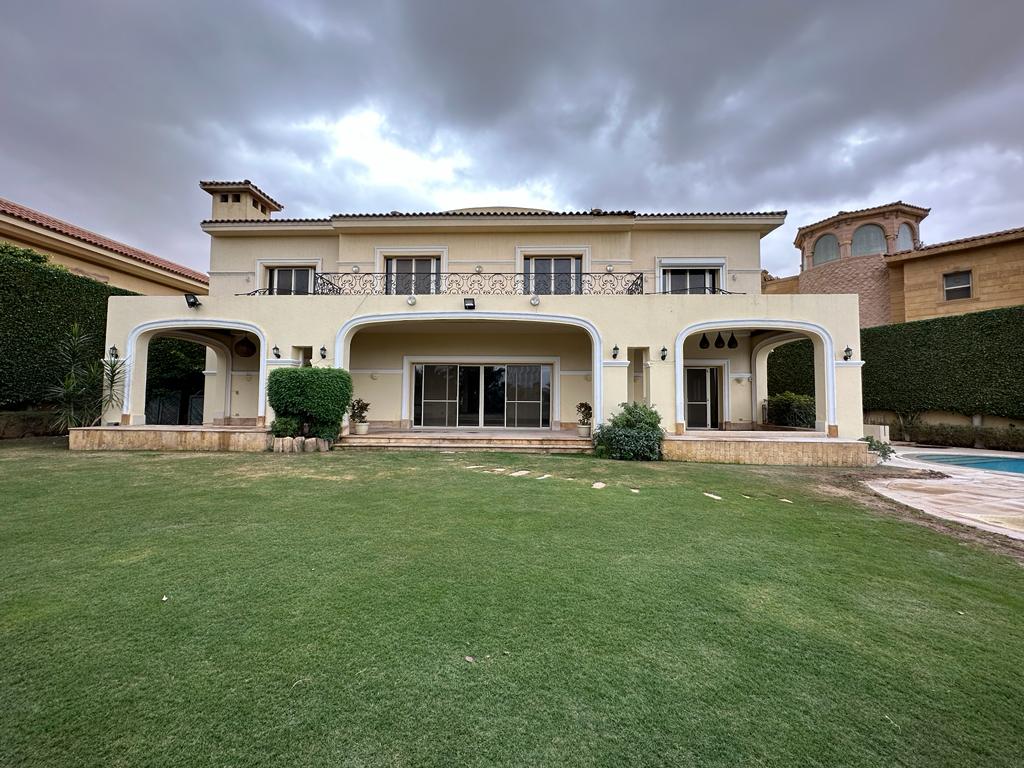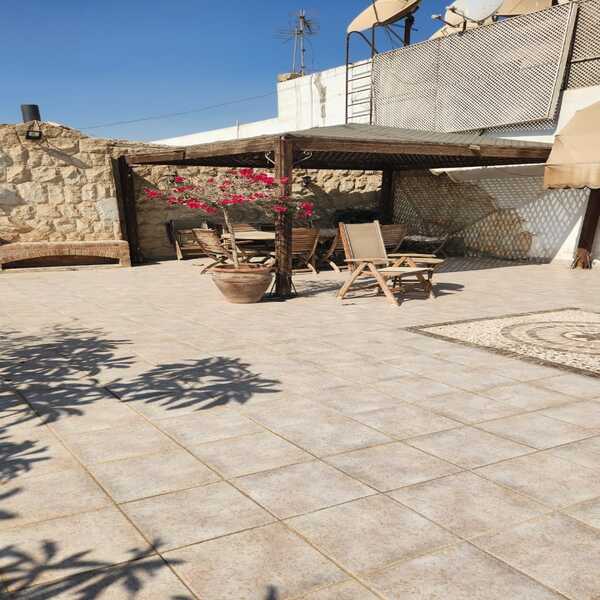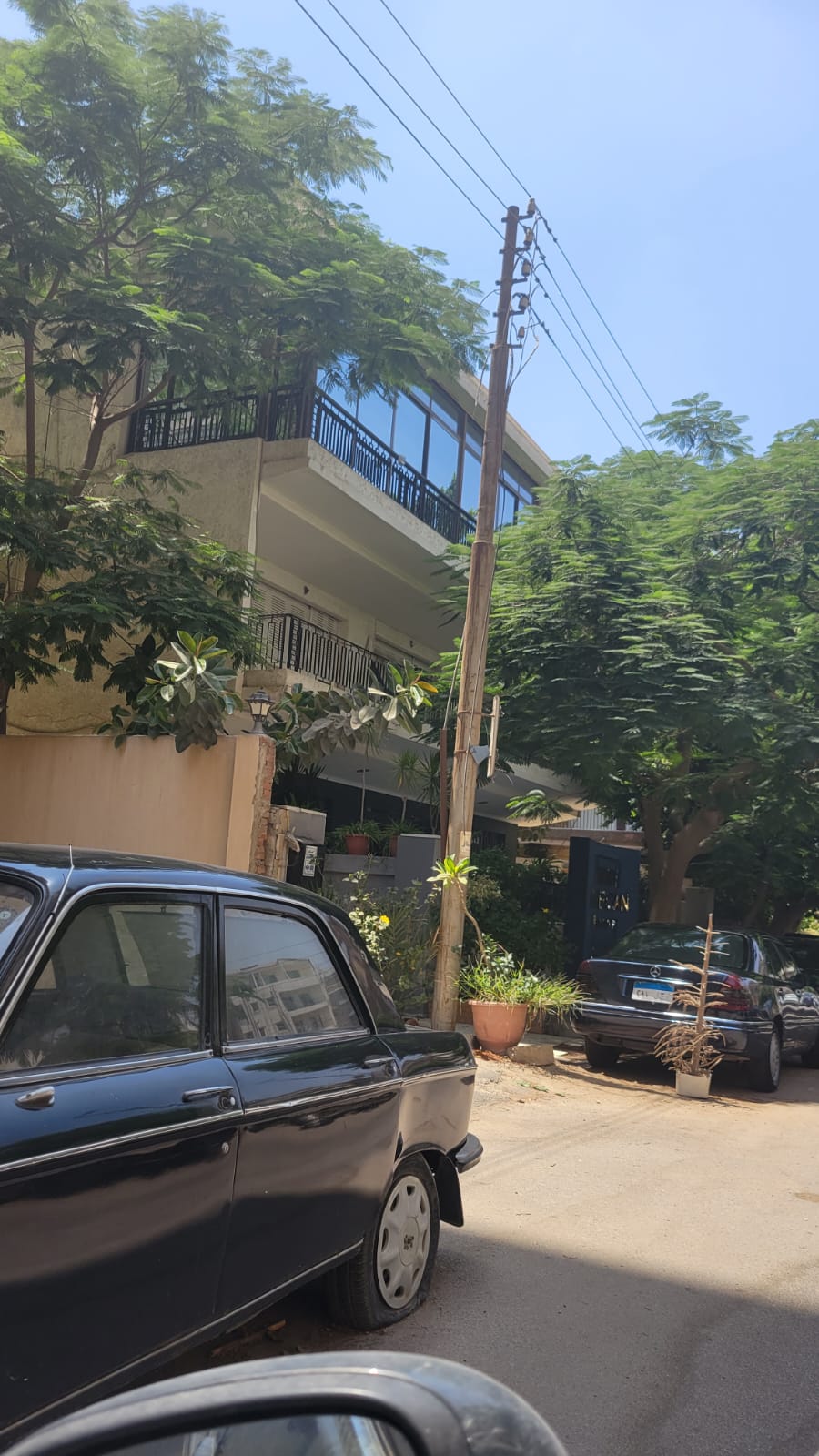Are you subject to high real estate taxes? We help you (reduce the tax) by appealing it. through our Evaluation Experts Office 01116000170

Are you subject to high real estate taxes?
We help you (lower the tax) by objecting to them through the Real Estate Appraisal Experts Office 01116000170.
The real estate tax is an annual tax imposed on built real estate in Egypt. It is collected from the property owner, usufructuary, or user. This tax, also known as "revenues," is not a new tax; rather, it was regulated and updated by Law No. 196 of 2008.
Who is responsible for paying the real estate tax?
The person responsible for paying the tax is the natural or legal person who owns the property or has the right to use or exploit it. The tenant is not directly responsible for paying it; rather, they are jointly responsible with the landlord for paying it up to the rental value due.
How is the real estate tax calculated?
The tax is imposed at a rate of 10% on the net annual rental value of the property, not on its total value. Calculating it involves several steps:
Determining the market value of the property: Specialized committees determine the market value of the property.
Capital Value Calculation: Multiply the market value by 60%.
Annual Rental Value Calculation: Multiply the capital value by 3%.
Net Rental Value Calculation: A certain percentage is deducted for maintenance expenses.
For residential units: 30% of the annual rental value is deducted.
For non-residential units: 32% of the annual rental value is deducted.
Exemption Limit Application: An annual exemption amount is deducted from the net rental value of residential units only. (Note: There are proposals to raise the exemption limit, but it is important to check the applicable law.)
Tax Due Calculation: After deducting the exemption, multiply the remaining amount (tax base) by 10%. Illustrative Example:
For an apartment with a market value of EGP 2 million, the tax is calculated as follows:
Capital Value: EGP 2,000,000 x 60% = EGP 1,200,000.
Annual rental value: EGP 1,200,000 x 3% = EGP 36,000.
Net rental value: EGP 36,000 x 70% = EGP 25,200 (after deducting 30% maintenance expenses).
Tax base (after exemption): EGP 25,200 - EGP 24,000 = EGP 1,200 (assuming the annual exemption limit is EGP 24,000).
Annual tax due: EGP 1,200 x 10% = EGP 120.
When is the real estate tax imposed, and who is exempt from it?
The tax is imposed on the property upon completion or occupancy.
The tax rate remains fixed for five years, after which it is reassessed, provided that the increase does not exceed 30% for residential units and 45% for non-residential units. The tax is paid in two equal installments, the first at the end of June and the second at the end of December of each year.
Real Estate Tax Exemptions
State-owned real estate designated for public benefit.
Buildings designated for religious rites or religious education.
Real estate expropriated for public benefit.
Cemeteries.
Residential units with a net annual rental value less than the legal exemption limit (applicable law must be reviewed to confirm the value).
Non-residential units with a net annual rental value less than EGP 1,200.
We help you (lower the tax) by objecting to them through the Real Estate Appraisal Experts Office 01116000170.
The real estate tax is an annual tax imposed on built real estate in Egypt. It is collected from the property owner, usufructuary, or user. This tax, also known as "revenues," is not a new tax; rather, it was regulated and updated by Law No. 196 of 2008.
Who is responsible for paying the real estate tax?
The person responsible for paying the tax is the natural or legal person who owns the property or has the right to use or exploit it. The tenant is not directly responsible for paying it; rather, they are jointly responsible with the landlord for paying it up to the rental value due.
How is the real estate tax calculated?
The tax is imposed at a rate of 10% on the net annual rental value of the property, not on its total value. Calculating it involves several steps:
Determining the market value of the property: Specialized committees determine the market value of the property.
Capital Value Calculation: Multiply the market value by 60%.
Annual Rental Value Calculation: Multiply the capital value by 3%.
Net Rental Value Calculation: A certain percentage is deducted for maintenance expenses.
For residential units: 30% of the annual rental value is deducted.
For non-residential units: 32% of the annual rental value is deducted.
Exemption Limit Application: An annual exemption amount is deducted from the net rental value of residential units only. (Note: There are proposals to raise the exemption limit, but it is important to check the applicable law.)
Tax Due Calculation: After deducting the exemption, multiply the remaining amount (tax base) by 10%. Illustrative Example:
For an apartment with a market value of EGP 2 million, the tax is calculated as follows:
Capital Value: EGP 2,000,000 x 60% = EGP 1,200,000.
Annual rental value: EGP 1,200,000 x 3% = EGP 36,000.
Net rental value: EGP 36,000 x 70% = EGP 25,200 (after deducting 30% maintenance expenses).
Tax base (after exemption): EGP 25,200 - EGP 24,000 = EGP 1,200 (assuming the annual exemption limit is EGP 24,000).
Annual tax due: EGP 1,200 x 10% = EGP 120.
When is the real estate tax imposed, and who is exempt from it?
The tax is imposed on the property upon completion or occupancy.
The tax rate remains fixed for five years, after which it is reassessed, provided that the increase does not exceed 30% for residential units and 45% for non-residential units. The tax is paid in two equal installments, the first at the end of June and the second at the end of December of each year.
Real Estate Tax Exemptions
State-owned real estate designated for public benefit.
Buildings designated for religious rites or religious education.
Real estate expropriated for public benefit.
Cemeteries.
Residential units with a net annual rental value less than the legal exemption limit (applicable law must be reviewed to confirm the value).
Non-residential units with a net annual rental value less than EGP 1,200.





.jpeg)
.jpeg)
.jpg)

.jpg)